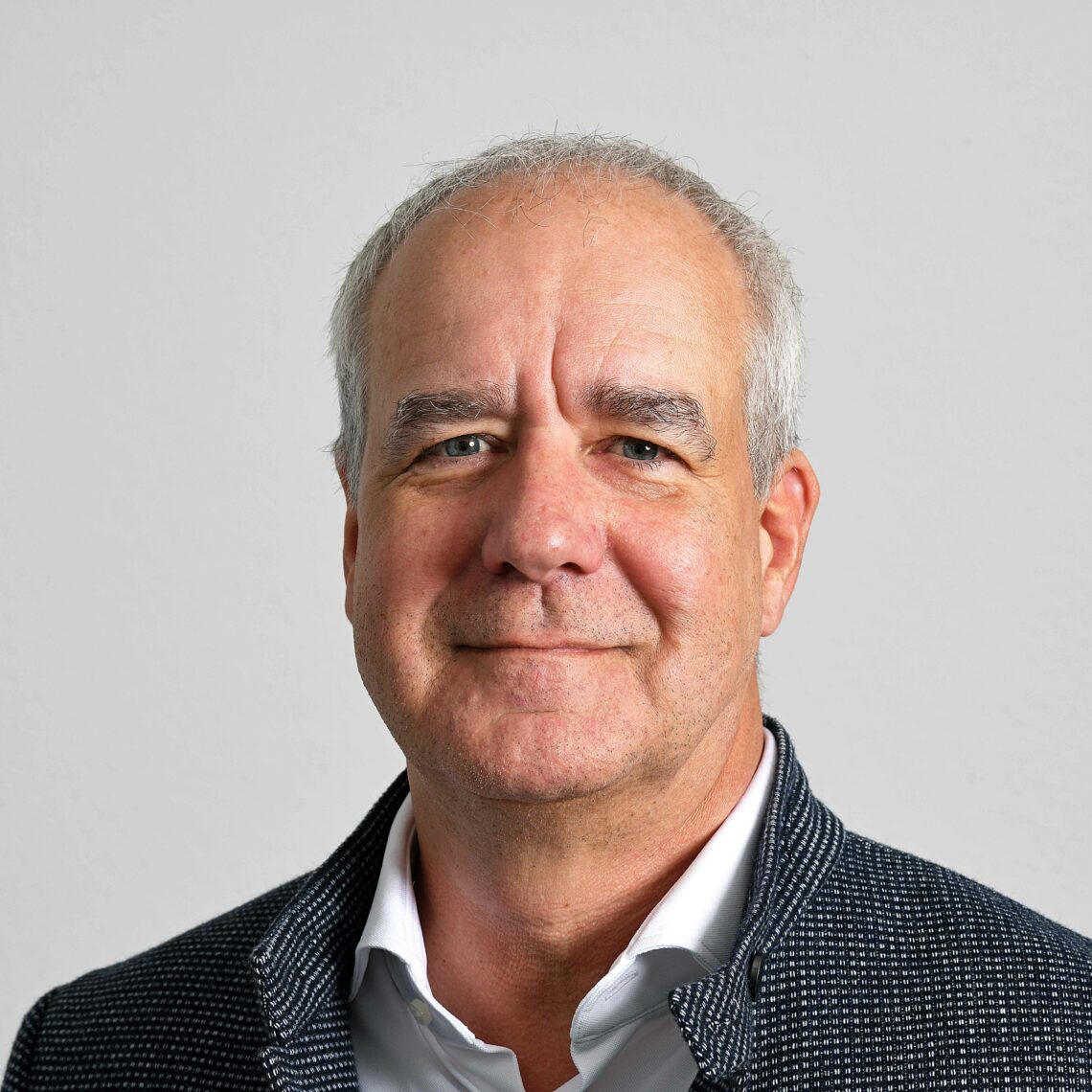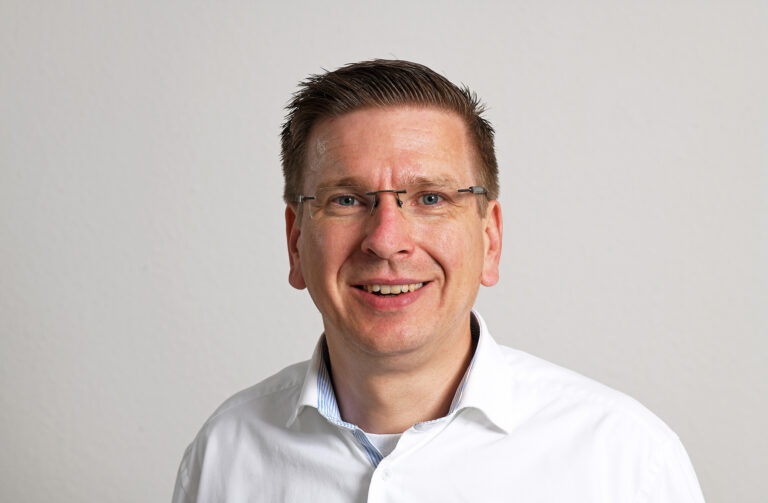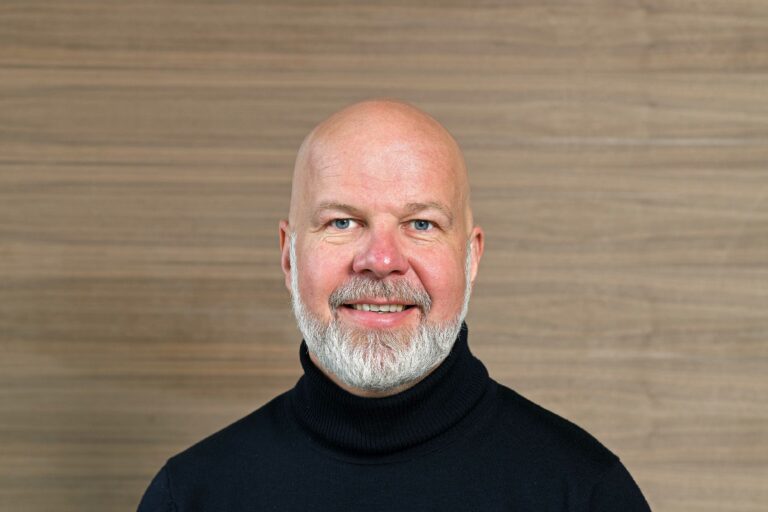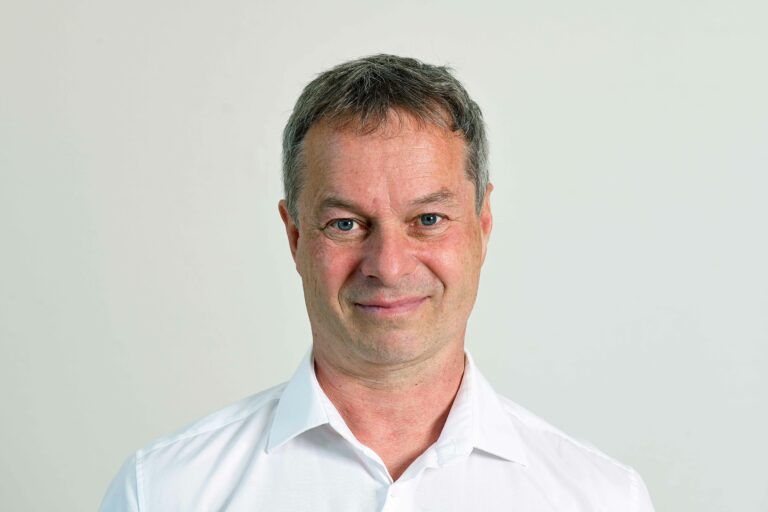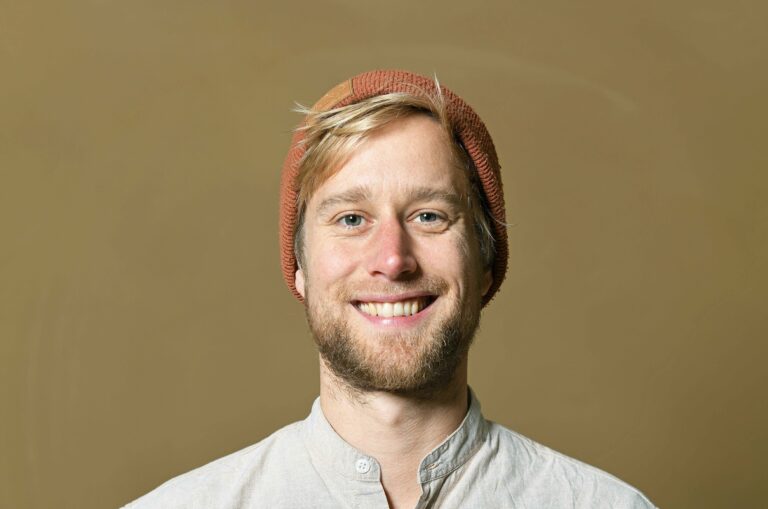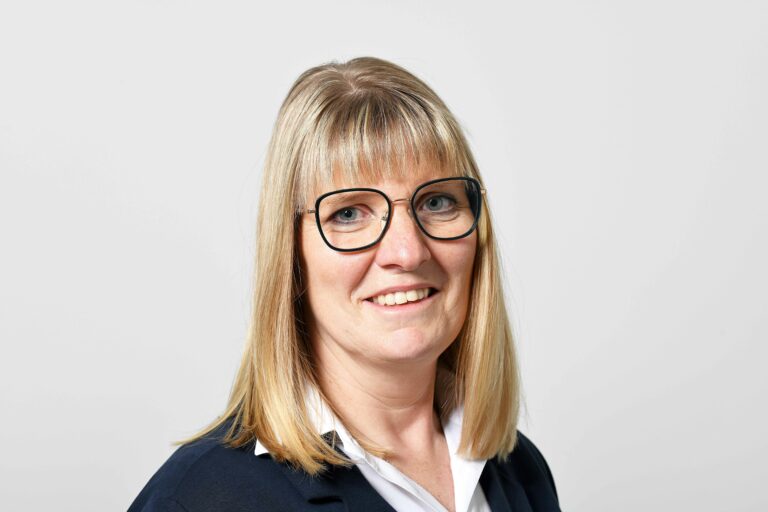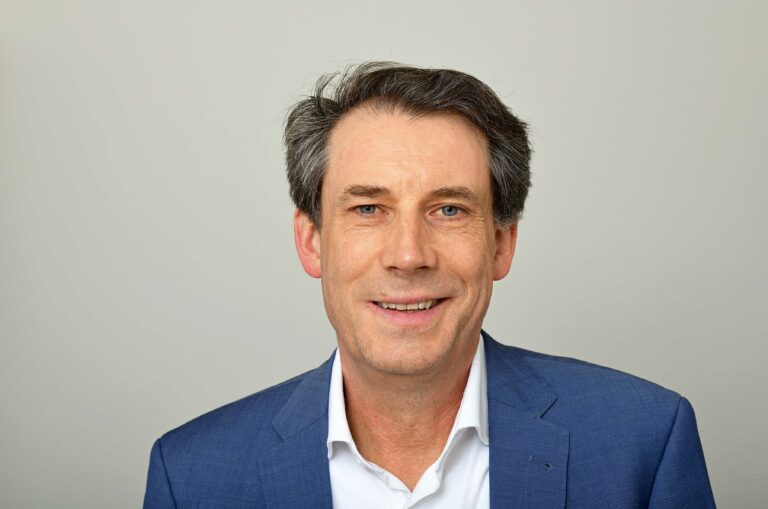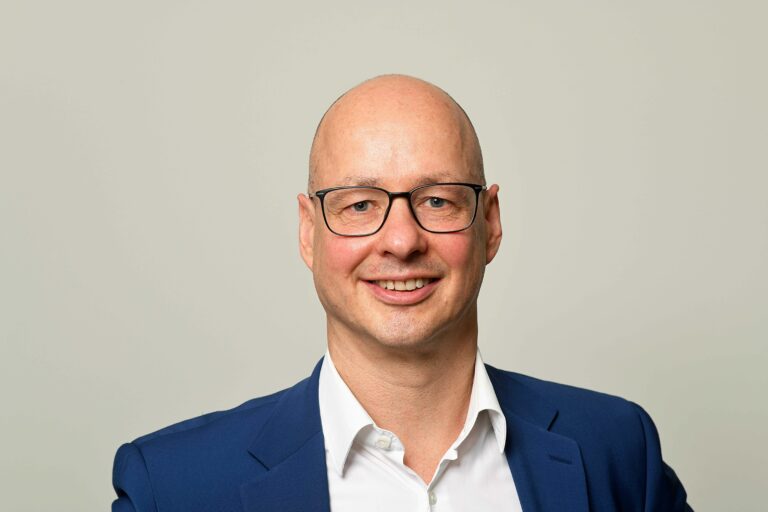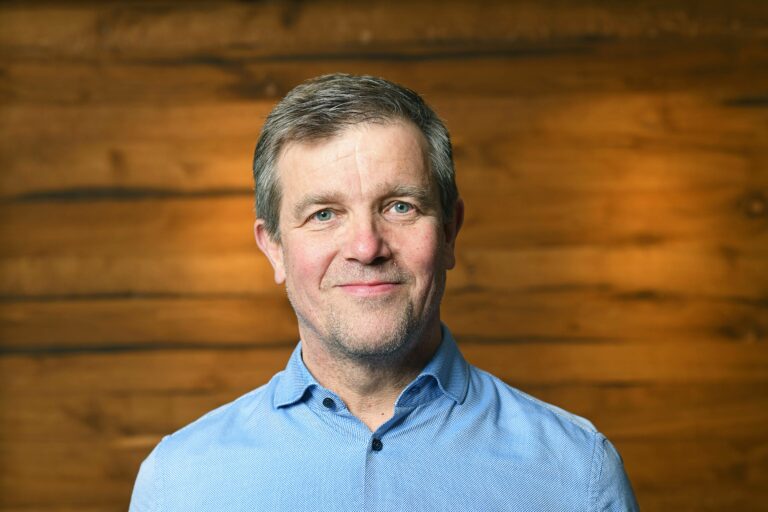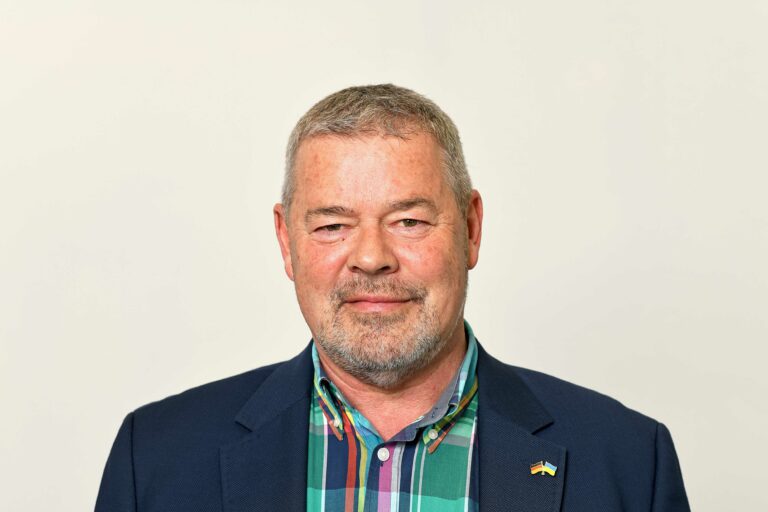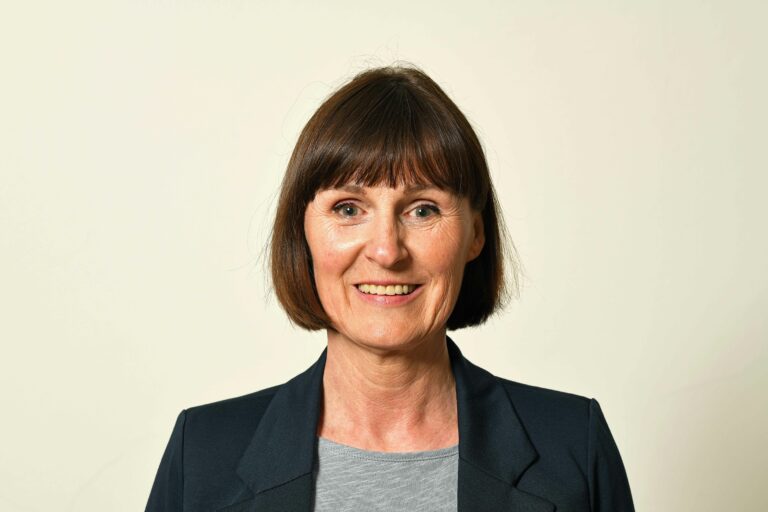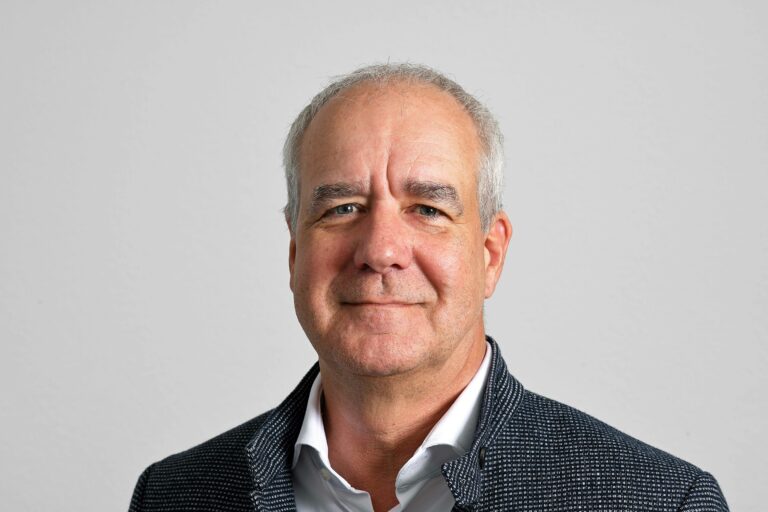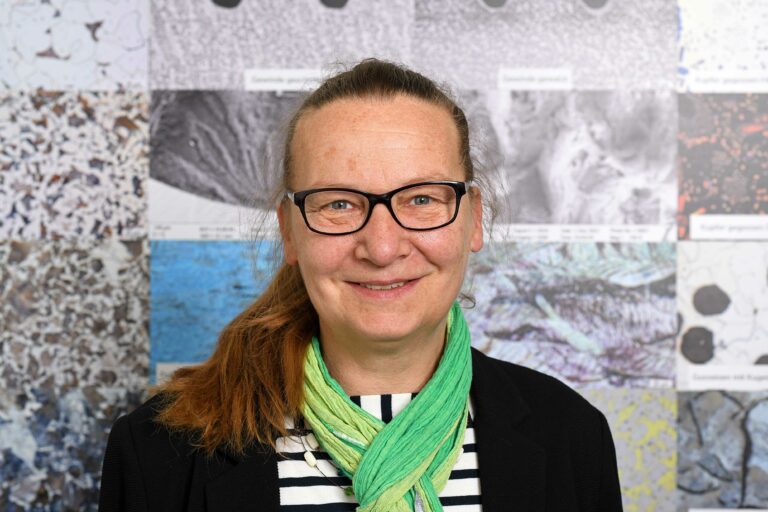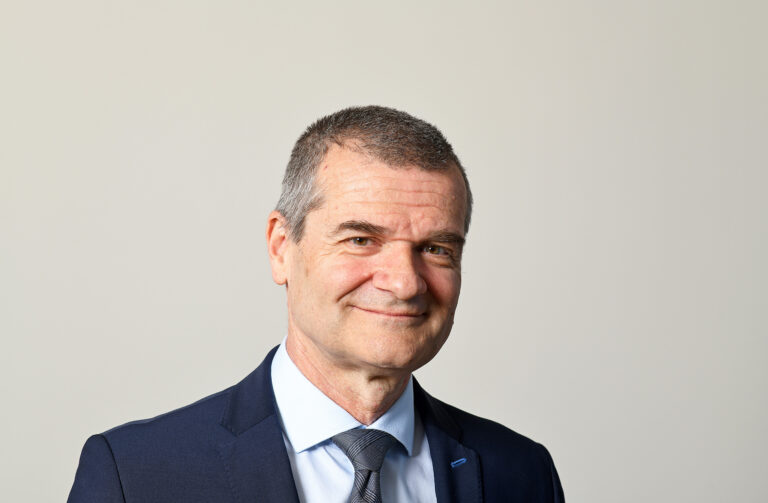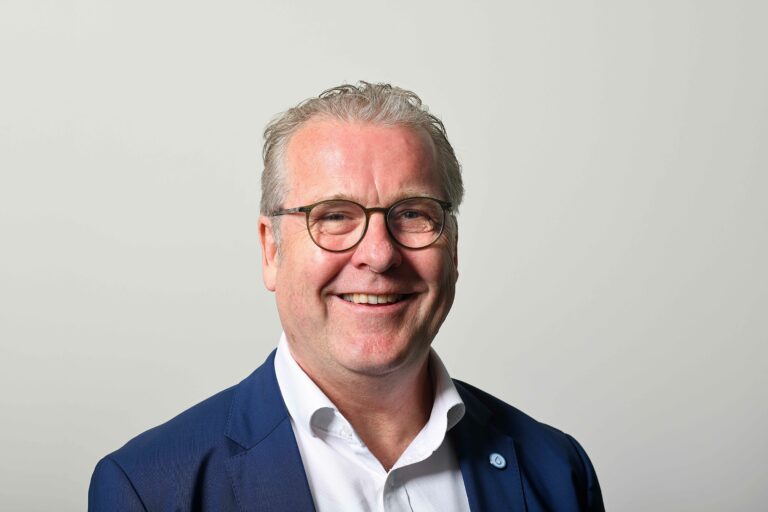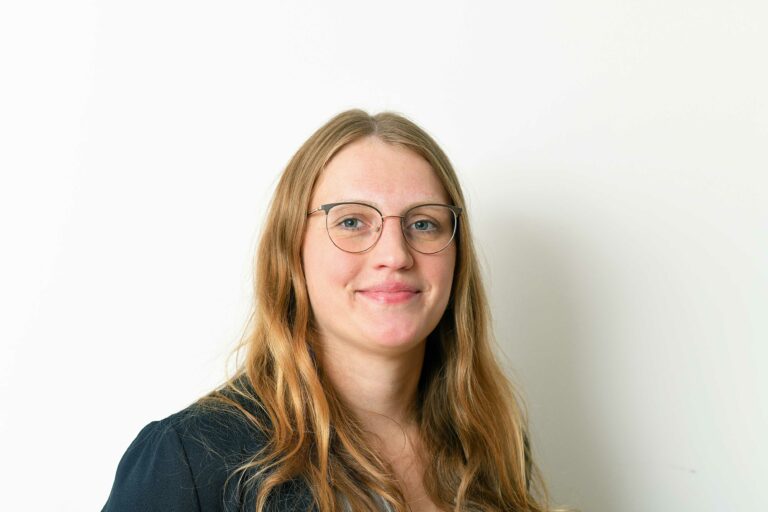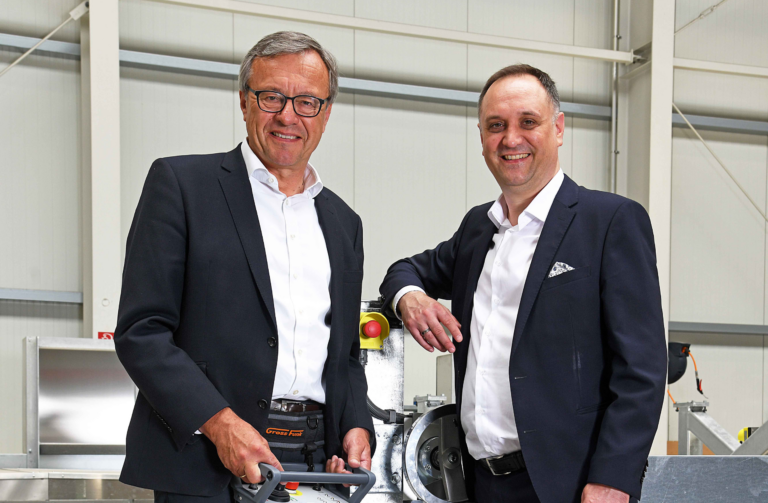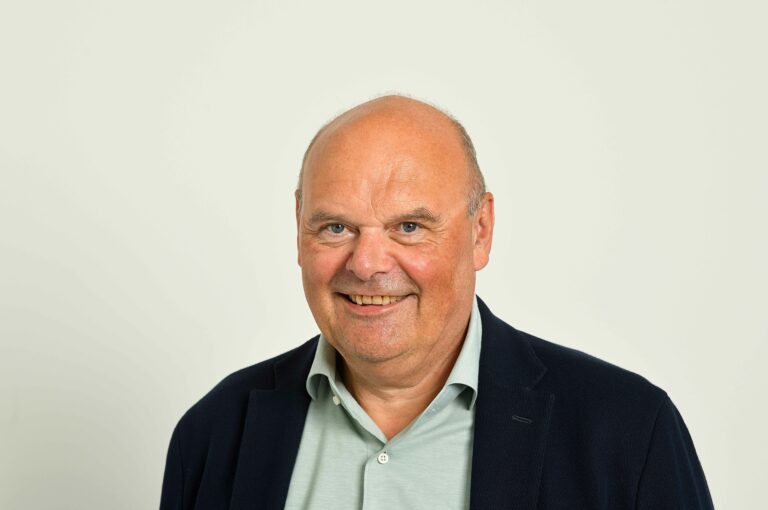Recycling has been part of Henry Forster’s working life almost from the very start. Today the 58-year-old is the CEO of Ihlenberger Abfallentsorgungsgesellschaft mbH, one of the largest landfills in Europe.
More than 500 different types of waste are treated, recycled, disposed of or stored here on the outskirts of Schönberg, a small town in Northwest Mecklenburg, “We don’t take the easy way out when it comes to waste, favouring treatment and recycling where possible”, says Henry Forster. However, he would actually prefer to see as little waste being generated as possible, with innovative processes being developed for whatever is inevitably left over so that valuable resources are returned to the material cycle once more.
This mindset has a lot to do with what he experienced in the first five years of his working life. Born on the island of Rügen, Forster went to sea. Working as a refrigeration engineer, he travelled the third world, including countries in South America and southern Africa. “The way they handle raw materials there and also the poverty of the people pretty well grounded me.” With an open-minded and critical view of how resources are deployed in Europe, while still a young man he found himself being almost unconsciously drawn to a sector of the economy that would not only shape his future career but also influence the way he would strive to find new ideas for an ecologically aware world that seeks to protect its resources. In the early 1990s, the young father studied alongside his job to obtain the master craftsman’s qualification in engineering. Although there was a kind of gold-rush era back home at the time, an executive vacancy with Nehlsen AG drew him to Bremen. This was the starting point for his career in the waste management industry.
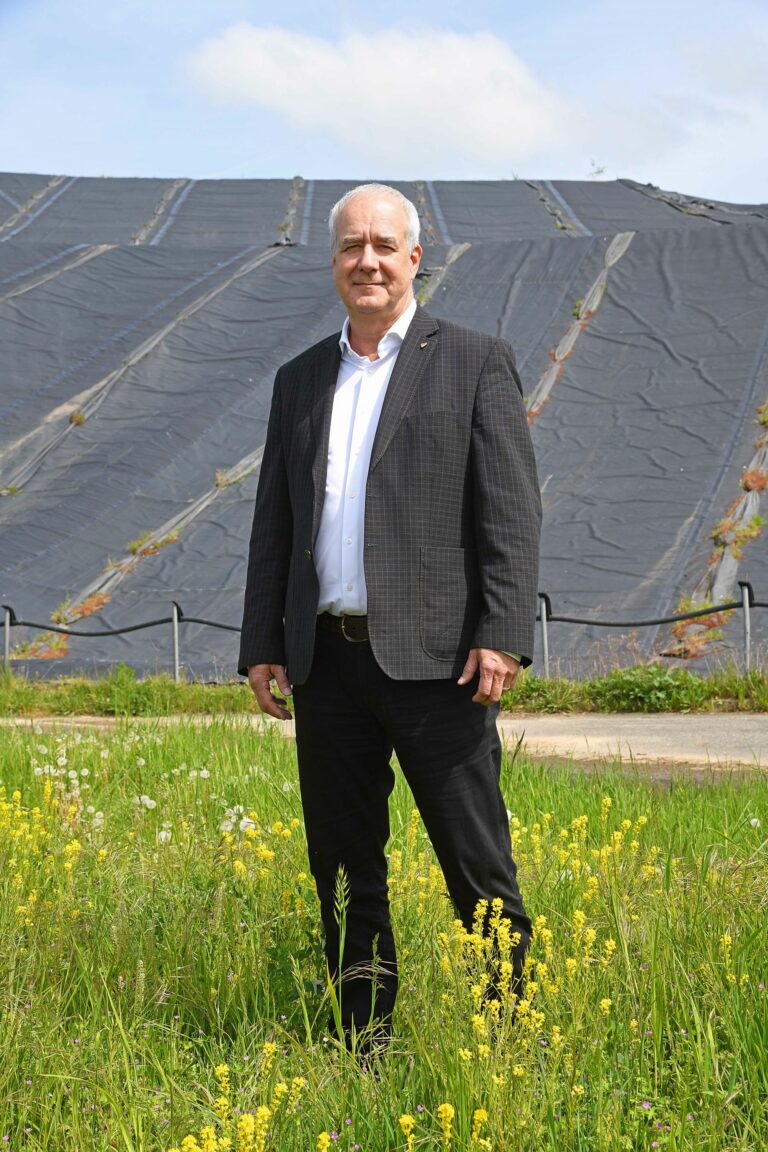
Making more intensive use of material cycles.
“There’s no rubbish and no waste, only raw materials in the wrong place. We don’t have the right view of things, particularly in Europe. We see waste from the angle of hazard prevention. Whether incineration plants or landfills, waste is generally seen in a bad light. But the actual question is what’s the difference between waste and product?” If it were up to Henry Forster, waste should be seen from the perspective of countries where raw materials are scarce. “As an industrial export country, we don’t have our own raw materials but have to import then. But on the other hand, we’re so incredibly negligent in handling raw materials!” Eventually, not even all the money in the world will be enough when the rich countries of the western world are reduced to begging because all they want is primary raw materials. “Once raw materials have been used, we have to return them to the material cycle to trigger new value creation. In every single sector.”
“There’s a lot of talk at the moment about sustainability. But up to now, that’s been little more than soapbox speeches,” says Henry Forster, who is annoyed at what is not happening.
He sees another problem in the fact that the authority for local municipal waste disposal lies with the rural districts. While this might be good in terms of actual decision-making, it results in an unstructured and diverse waste management sector in Germany. “I don’t think that’s appropriate any longer in a mobile, constantly changing society. It means we’re failing to bring resources and raw materials back into the cycles.” However, the focus is on industrial and commercial waste which accounts for more than 90 percent. Although the commercial waste regulations are constantly being amended, subsequent implementation fails. Why? “Rubbish always finds the cheapest way. There is no obligation to tender delivery in the commercial and industrial sector.
In Europe, incineration or landfill disposal is often less expensive than sorting and recycling waste. We’re not going to make any progress until such procedures are sanctioned.” At least a certain amount has been achieved in Germany where dumping untreated waste in landfills is prohibited. But the question remains as to how a circular economy can be established under these conditions. Other European countries still have a lot of catching up to do in this respect, dumping waste on landfills without any possibility of subsequent recycling. It’s such a waste, says the expert, no-one can afford to keep on doing this any longer.
Everybody generates 176 kilograms of waste each year
It’s worth taking a look at the waste volumes, which clearly indicate just how much potential is available in terms of raw materials in Mecklenburg-Western Pomerania alone. According to the State Agency for the Environment, Nature Conservation and Geology, the per capita volume of domestic and business waste in 2022 amounted to 176 kilograms per inhabitant and year. The trend has remained almost constant compared to recent years. By contrast, the quantity of separated recyclable waste collected by public disposal providers fell in 2021. The volume amounted to 333,494 tonnes or 205 kilograms per inhabitant and year. There is good news from the Federal Environment Agency: in the period from 2000 to 2021, the landfilling of waste decreased by 28.7 percent to 16.1 percent of the waste volume.
Bye the way, “waste tourism” is another aspect that should not be underestimated. Around 74,500 tonnes of notifiable waste from Mecklenburg-Western Pomerania were taken abroad in 2022, which is 4.1 percent more than in the previous year. Imports of waste subject to authorisation from other countries for disposal in Mecklenburg-Western Pomerania amounted to altogether 77,403 tonnes for the same period. Compared to the previous year, the imported waste volume had increased by 11.6 percent.
“The figures on their own sound relatively prosaic. Pictures showing mountains of used clothes that we send to third world countries have more of an impact. The same can be said for electronic waste, and now also for disused PV installations. We’re not even capable of recycling wind turbine rotor blades that are no longer fit for use”, says the expert. He asks the provoking question about the way we’re actually living our lives – in unbridled consumerism. Greenwashing has meanwhile assumed untenable dimensions. Henry Forster admits it’s hard for politics to do anything about it, given the millions of services and products that need monitoring. Nor can much be achieved at present by appealing to people’s conscience. “We must be more honest with each other!” he demands.
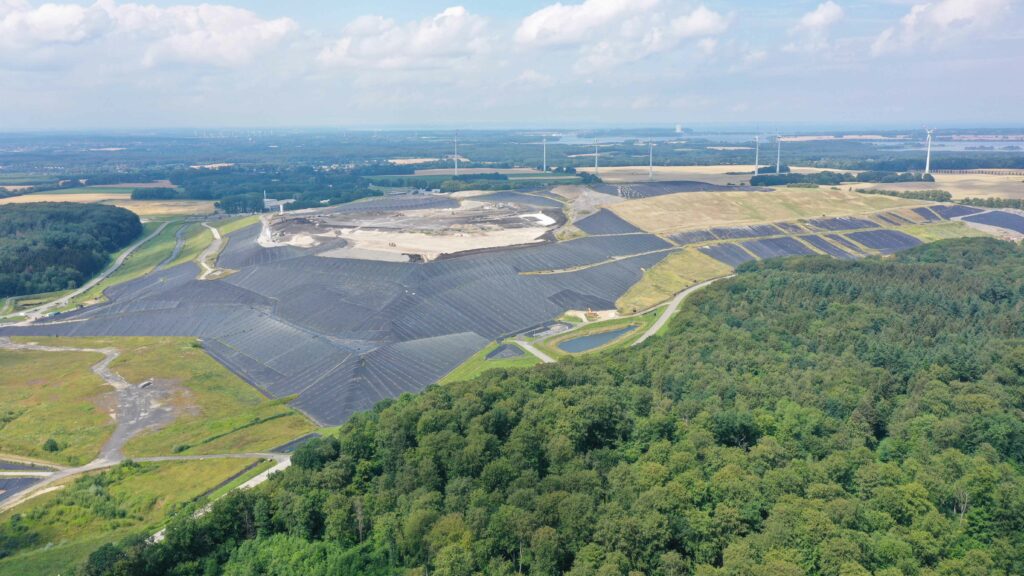
Generate more attention
“For example, we could steer developments in the right direction by introducing the same kind of “traffic light system” that is used for meat and eggs, but, in our case, looking at the impact on the environment of what we leave behind.” Henry Forster does actually still believe that people can achieve an awareness for their ecological footprint and are also capable of taking conscious decisions about raw and recyclable materials. He even presumes that a small surcharge on green electricity would be possible.
To a certain extent, Henry Forster is definitely a visionary. He has a decidedly pragmatic approach, finds solutions and shares them with many others in his industry. He is often out and about as a sought-after keynote speaker in his role as President of the Federal Association for Secondary Raw Materials and Waste Management (bvse) and appeals for waste not to be treated like a poor relation. “It’s the Department of Economics that should be responsible, not the Ministry for the Environment. We’re dealing with resource management here!” He’s gradually being heard, in state ministries, industrial associations and also in the local authorities and companies in the vicinity of Ihlenberg landfill. Over the last three years, the expert has been rethinking the issue of sector coupling, push-starting the key technologies for climate neutrality, in the spirit of the energy transition.
Challenges on his own doorstep
“Instead of pointing elsewhere, I’d rather look for the challenges right here. One idea is to turn our own site into a centre of excellence for the environment, energy and the circular economy, in other words, a green business park.” The landfill operation that provides work for 130 people has an important role to play. Gas utilisation generates 17,800 MWh of electricity and 24,000 MWh of heat. IAG feeds 225 MWh of photovoltaic energy straight into the grid. Even biomass is another of Henry Forster’s considerations, and the landfill boss is also planning to produce hydrogen. A feasibility study is almost finished. Well positioned in terms of logistics in Lübeck’s commuter belt near the A20 motorway, the site could assume a key role for supplying hydrogen. “Hydrogen is an exciting topic and more profitably feasible here than elsewhere. The heat generated during electrolysis would be used on site, while the oxygen released during the process would be available for leachate treatment. We’re working with Wismar University to find solutions for using leachate distillate in hydrogen production, thus reducing the consumption of drinking water”, says Henry Forster.
Solutions generated here on site can trigger new impetus for making people more aware of the issues involved, with a longer lasting effect. “I see considerable need to do something here. Just imagine, 34 years after introducing the yellow recycling bags, we still need awareness campaigns to explain how the system really works, in other words, what people should and shouldn’t put in them”. The expert shakes his head about the lifestyle attitudes some people have. “People are wrong when they think it’s environmentally friendly to use cardboard coffee cups. In contrast to a plastic coffee cup, they are coated and can’t be recycled.” He finds it totally incomprehensible that there are still regions in Mecklenburg-Western Pomerania that don’t have organic waste bins, the contents of which are predestined for generating biogas and thus replacing natural gas, while at the same time producing valuable organic fertiliser to trigger new cycles on the fields.
“Time and again it becomes clear how little we ourselves are achieving, particularly when we look at corresponding dimensions in other parts of the world. On a single day, a Chinese landfill receives as much waste as gets delivered to a German domestic waste landfill in a whole year. The world quite definitely does not revolve around us”, says Henry Forster. “Even so, it’s about time we started to understand that waste is anything but rubbish.”
IAG - Ihlenberger Abfallentsorgungsgesellschaft mbH
Sie sehen gerade einen Platzhalterinhalt von Standard. Um auf den eigentlichen Inhalt zuzugreifen, klicken Sie auf den Button unten. Bitte beachten Sie, dass dabei Daten an Drittanbieter weitergegeben werden.
Mehr Informationen
